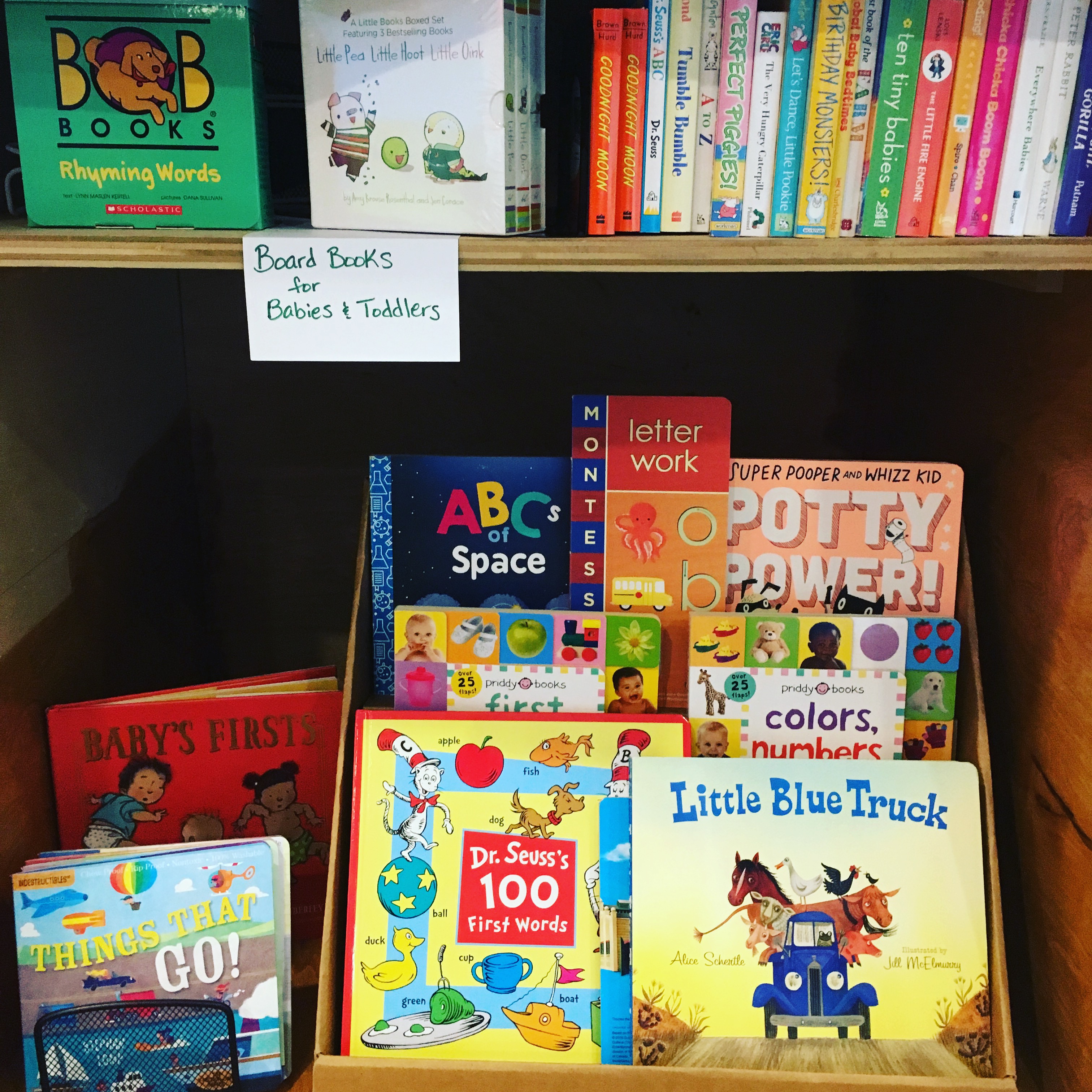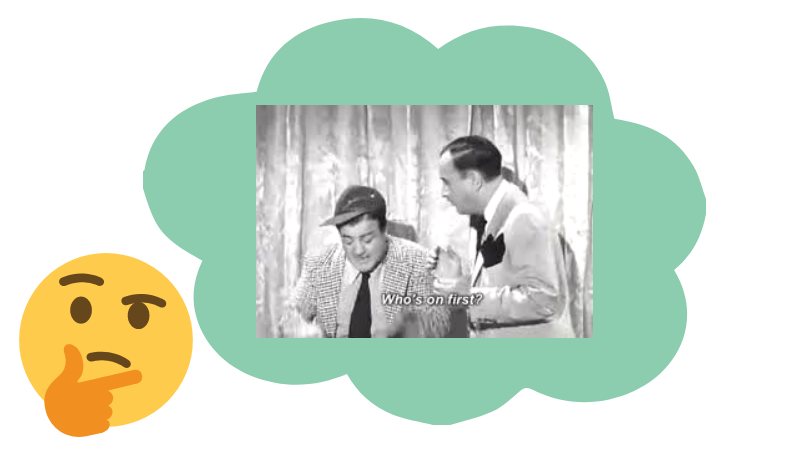It’s funny what can happen when you throw around industry jargon assuming everyone is familiar with only to find that they are not, in fact, familiar. I’ve written here before about trying to phase out my usage of the terms “middle grade” and “young adult” in store signage and handselling. These phrases tend to be heard as “middle school” and “young adult” (as opposed to 12 years old and up) by anyone not in the book business. And what’s the point of holding on to a phrase that doesn’t communicate what we intend it to?

On a related note, a funny thing happened at the neighborhood ice cream parlor last week. I’ve been running an after-school pop-up there which has, so far, been met with frequent delight and only occasional confusion. One of these occasions involved a very sweet elderly lady who came up to me as I was setting up for the afternoon. Setting up involves moving a fairly hefty sales counter — on wheels, thankfully —180 degrees so that the open side with shelves of books is on display to the room. As I was slowly spinning the purple behemoth that is Spellbound’s pop-up bookshop, this exchange happened.
Sweet Elderly Lady: I just have to ask. What is this?
Me: A pop-up bookshop!
SEL: A puppet shop?
Me: No, a pop-up book shop [gesturing at books now that they’re visible].
SEL: So you do puppet shows about the books?
Me: No, “pop-up,” not “puppet.”
SEL: Oh… so these are all pop-up books?
Me: 
Also Me: We have all kinds of books, but the shop just sort of pops up for part of the day. Or in different places, sometimes. That’s why it’s called a “pop-up.”
We finally achieved understanding, but our conversation remained firmly rooted in puppetry. This darling woman had been a drama teacher for years (long since retired) and had loved getting the kids involved in puppet shows and told me all about it. It was a lovely conversation, all in all, and now I’m strongly considering a second career as a puppeteer.

Thanks for the chuckle!
Also, what terms do you use in place of “middle grade” and “YA”? Asking for a friend…
SDL
You are so welcome. Thanks for reading.
Personally, I’m just replacing “YA” with “teen” whenever possible. It’s much clearer, especially when I find myself referring to books more appropriate for younger teens vs older teens, as opposed to “younger young adults” or “older young adults.”
“Middle Grade” isn’t as easy to replace with an short word people already know. For now I’m mostly using signage that says “Ages 8-12” and considering breaking it out, as some stores do, into “8 and up” and “10 and up” or “8 and up” and “tweens.”
This was an adorable story! Thank you!
Thanks so much!
I like to say “upper elementary” for middle grade, still imperfect, but a better fit.
Definitely!
When I first started writing middle-grade, I was working in an elementary school that went up to fifth grade. I assumed I was writing for kids older than fifth graders. I thought I was writing for kids in middle school, sixth through eighth grade. When one day it dawned on me, middle grade books are for kids that are 8-12 years old, that’s third through sixth grade, not really middle-school at all! And I thought then as I do now, how confusing to call books for this age category middle GRADE.
Right? The term probably made sense when it started, I’m guessing before middle school was a thing. I think (someone correct me if I’m wrong) that division became popular in the U.S. in the sixties or seventies. My older sister went to the same public school first through twelfth grade, and by the time I came along our district was broken up into elementary, middle school/junior high and high school. Does anyone know exactly when and how the term “middle grade” came about?
It’s so easy to get stuck in doing and saying things like we always have, but eventually I decided that instead of having to continually educate customers to know what I’m talking about when I say “middle grade” it might be easier to educate myself to say something that makes more sense to them!
Love the story. What a great idea. Also absolutely adore Asheville. We’d be there if we’d been able to stick out the low wages of the 1980’s. I agree with feelings about those division terms ; they never made sense to me . I even didn’t buy books for my eight year old 9th grade reading level grand-daughter because I thought “ middle grade” might have too advanced storylines . Guess I’ll look at some in that catagory now.